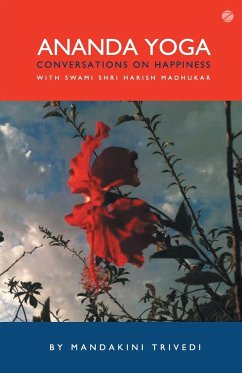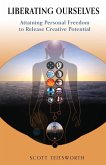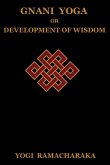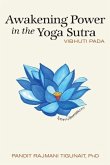Born in Jadla, Nava Shaher district, Punjab, Babaji's persona was that of a light hearted fakir. Interactions with him were punctuated with exclamations like 'be happy', 'be joyful'. His approach to spirituality can best be summed up as Ananda Yoga or Integrated Happiness. It offers an opportunity for long-term happiness, a happiness without side-effects and without violence to one's self or others, a win-win situation of peace, joy and bounty. Ananda Yoga does not require any earth shaking 'doing' but only a simple undoing. It offers a joy that is not couched in formidable practices but in simple acts of Love and Awareness. His method of teaching was a simple sharing through conversations, chatting and joking. This book is a compilation of those simple dialogues with disciples, which arose in the course of day-to-day events. LOVE AND ATTACHMENT Disciple: Babaji, what is the difference between love and attachment? Babaji: Where love results in pain, know that it is not love, but attachment. JUST ONE DESIRE Disciple: Babaji, now I don't have many desires, just one desire... Babaji:(laughing): Oh, you can have many children from one wife! 'AISH KARO' Disciples stricken by worry and anxiety would constantly unburden in front of Babaji and end by saying, 'Babaji, what should I do?' Babaji: Do nothing. Aish karo. Not 'aish' in the sense of giving in to excesses or indulging, as is normally understood, but the 'aish' that comes from 'esha' or Shiva/Master. Abide in Shiva or be a Master - that is what is meant by 'aish karo'.
Hinweis: Dieser Artikel kann nur an eine deutsche Lieferadresse ausgeliefert werden.
Hinweis: Dieser Artikel kann nur an eine deutsche Lieferadresse ausgeliefert werden.









